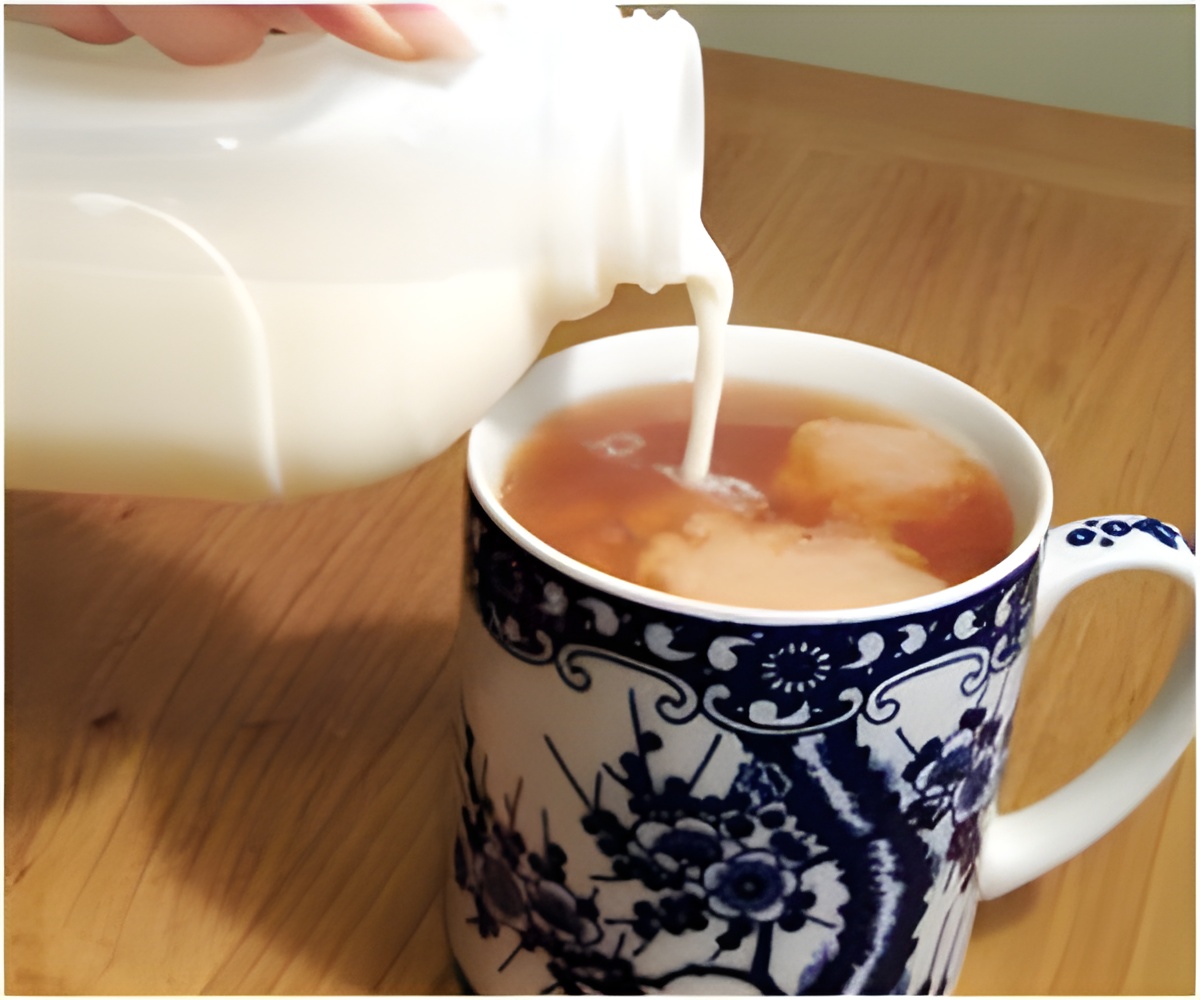
Numerous studies suggest tea supports heart health and healthy blood pressure, and appears to be associated with a reduced risk of cardiovascular disease, including stroke and heart attack.
"There is now an overwhelming body of research from around the world indicating that drinking tea can enhance human health," said meeting chair, Jeffrey Blumberg, PhD, Professor, Friedman School of Nutrition Science and Policy and Director, Antioxidants Research Laboratory, Jean Mayer USDA Human Nutrition Research Center on Aging at Tufts University, Boston.
"The many bioactive compounds in tea appear to impact virtually every cell in the body to help improve health outcomes, which is why the consensus emerging from this symposium is that drinking at least a cup of green, black, white or oolong tea a day can contribute significantly to the promotion of public health," he added.
New research presented by Claudio Ferri, MD, University L'Aquila, Italy, found in 19 normotensive and 19 hypertensive individuals that black tea was able to reduce blood pressure.
Another research on tea catechins suggests that they may provide a benefit in maintaining body weight or promoting weight loss.
Advertisement
The results of a meta-analysis suggest that the increase in caloric expenditure is equal to about 100 calories over a 24-hour period, or 0.13 calories per mg catechins.
Advertisement
Researchers at Texas Tech University Health Sciences Center conducted studies with 150 postmenopausal women with low bone mass to see if the addition of green tea flavanols, Tai Chi exercise or both green tea plus Tai Chi could help improve markers for bone health and muscle strength in study participants.
At the end of the six-month clinical trial they found that 500 mg green tea extract (equivalent to 4-6 cups of green tea daily), alone or in combination with Tai Chi, improved markers for bone formation, reduced markers of inflammation and increased muscle strength in study participants.
Consuming black tea improved attention and self-reported alertness in a human study conducted by Unilever R 'n' D, Vlaardingen, The Netherlands.
In this placebo-controlled study, designed to measure attention, task performance and alertness, subjects drinking tea were more accurate on an attention task and also felt more alert than subjects drinking a placebo.
This work supports earlier studies on the mental benefits of tea. In addition, two other studies provide a broader perspective on tea's effects on psychological well-being, showing benefits for tiredness and self-reported work performance, as well as mood and creative problem solving. These studies provide support for tea's benefits for mental sharpness, as measured by attention, mood and performance.
"In our study with adult subjects, we found drinking tea improved attention and allowed individuals to be more focused on the task at hand. These effects were found for two to three cups of tea consumed within a time period of up to 90 minutes," said symposium presenter Suzanne Einother, PhD, Unilever R 'n' D, Vlaardingen, The Netherlands.
Source-ANI












